Why Technology Risk Management is Essential in the Digital Age

In an era where technology is deeply intertwined with every aspect of business, including in emerging markets like Pakistan, the importance of robust technology risk management cannot be overstated. Risk Management and Insurance Strategies for Pakistani Businesses are becoming increasingly vital as the digital landscape in the country rapidly evolves, presenting a myriad of new challenges and opportunities.
Understanding Technology Risk in Pakistan
Pakistan’s digital transformation is on a remarkable trajectory. With a burgeoning tech-savvy population, increasing internet penetration, and a growing number of digital businesses, the potential for technological advancement is significant. However, this rapid growth also brings forth a range of risks that businesses must navigate.
The Rising Importance of Risk Management in Pakistan’s Digital Economy
The Pakistani market, like many others, is facing an era of unprecedented digital disruption. This disruption, while offering immense opportunities, also brings a spectrum of technological risks – from cyber security threats to compliance issues. Effective risk management is not just a defensive strategy; it’s a critical component of sustainable business growth.
Key Technological Risks in Pakistan’s Digital Landscape
Cybersecurity Threats
One of the most pressing concerns in the realm of technology risk is cyber security threats. With the increase in digital transactions, Pakistani businesses are increasingly vulnerable to cyber-attacks, data breaches, and hacking incidents. These can lead to significant financial losses, damage to reputation, and legal complications.
Compliance and Regulatory Risks
As the digital economy grows, so does the regulatory landscape. Pakistani businesses must navigate a complex web of local and international regulations, including data protection laws, financial regulations, and industry-specific guidelines. Non-compliance can lead to hefty fines and legal issues.
Operational Risks
Operational risks, such as system failures, downtime, and technological malfunctions, can disrupt business processes, leading to loss of revenue and customer trust. In Pakistan’s fast-paced digital market, maintaining operational continuity is crucial.
Why Risk Management is Crucial for Pakistani Businesses in the Digital Age
Protecting Against Cyber Threats
Effective risk management strategies can help Pakistani businesses identify potential cybersecurity vulnerabilities, implement robust security protocols, and respond swiftly to any breaches. This is crucial for protecting sensitive data and maintaining customer trust.
Ensuring Compliance and Avoiding Penalties
A well-crafted risk management plan includes staying up-to-date with regulatory changes, ensuring compliance, and thus avoiding costly legal ramifications. This is particularly vital in Pakistan, where digital regulations are evolving.
Enhancing Operational Resilience
By identifying and mitigating operational risks, businesses can enhance their resilience, ensuring that they can withstand technological disruptions and maintain continuous operation, which is vital in retaining customer confidence and competitive edge.
Implementing Effective Technology Risk Management Strategies
Conducting Regular Risk Assessments
Regular risk assessments are fundamental. They help businesses identify potential risks in their technology infrastructure and processes. This is especially important in Pakistan, where the tech landscape is rapidly changing.
Developing a Comprehensive Risk Management Framework
Pakistani businesses should develop a risk management framework tailored to their specific needs. This framework should include policies for risk prevention, mitigation, and response strategies.
Investing in Cybersecurity Measures
Investing in robust cyber security measures is non-negotiable. This includes firewalls, antivirus software, secure networks, and regular cyber security training for employees.
Staying Informed and Agile
In a fast-evolving digital landscape, staying informed about the latest technological trends and risks is crucial. Pakistani businesses must be agile in adapting their risk management strategies to the changing environment.
Conclusion
As Pakistan strides forward in the digital age, the need for comprehensive technology risk management becomes increasingly evident. By recognising and effectively managing technological risks, Pakistani businesses can safeguard themselves against potential threats and, more importantly, leverage these challenges as catalysts for growth and innovation. In this digital era, risk management is not just about defense; it’s a strategic imperative that drives success and sustainability.

